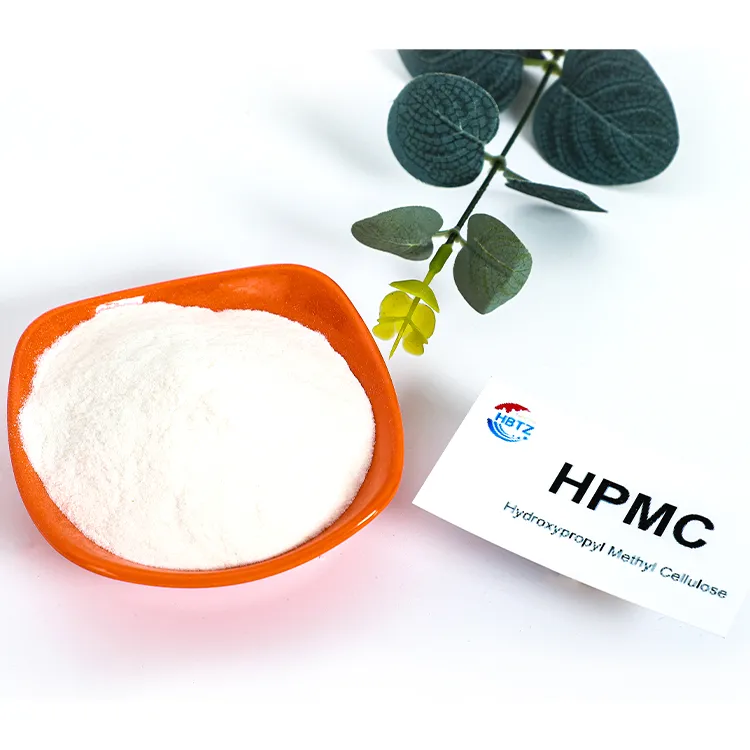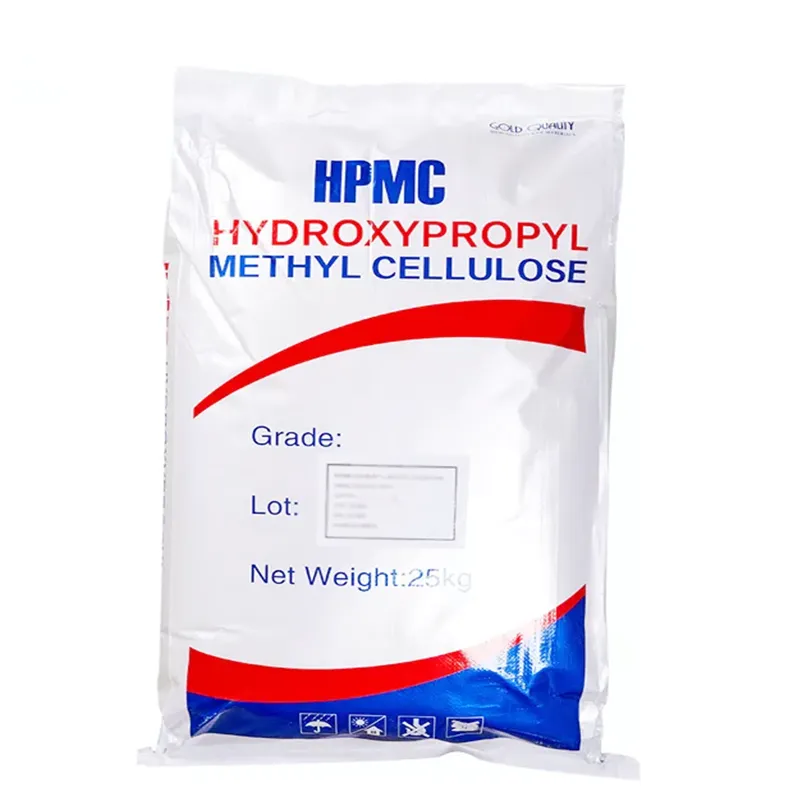
Hydroxypropyl Methyl Cellulose - Hebei Tangzhi Technology Co., Ltd.|Thickener&Stabilizer
Hydroxypropyl Methyl Cellulose (HPMC), also known by its CAS number 9004-65-3, is a high-performance multifunctional thickener and stabilizer. This semi-synthetic polymer is derived from cellulose and is widely used across multiple industries due to its exceptional properties. In this article, we will explore the features, advantages, technical specifications, and applications of HPMC, as well as the company behind its production, Hebei Tangzhi Technology Co., Ltd..

Figure 1: HPMC 00 product image
Product Overview
HPMC is a water-soluble polymer that exhibits remarkable viscosity control, film-forming properties, and thermal stability. Its unique chemical structure, which includes hydroxypropyl and methyl groups, allows it to function as a thickener, emulsifier, and binding agent in various formulations. The product is particularly valued for its ability to improve the texture and consistency of materials in industrial and consumer applications.
Produced by Hebei Tangzhi Technology Co., Ltd., a leading manufacturer in the field of chemical products, HPMC is developed with a focus on quality and innovation. The company has established itself as a reliable hpmc suppliers and china hpmc factory, offering competitive hpmc price and high-quality solutions for global markets.

Figure 2: Hpmc package1 image
Technical Specifications
| Parameter | Specification |
|---|---|
| Chemical Name | Hydroxypropyl Methyl Cellulose |
| CAS Number | 9004-65-3 |
| Viscosity Range | Varies by grade (e.g., 1000-200000 mPa·s) |
| Appearance | White to off-white powder |
| Solubility | Water-soluble |
| Thermal Stability | Stable up to 150°C |
The technical specifications of HPMC make it suitable for a wide range of applications. Its viscosity can be tailored to meet specific requirements, and its solubility in water ensures ease of use in aqueous systems. The polymer’s thermal stability further enhances its applicability in high-temperature processes.
Key Advantages
- Enhanced Thickening and Stabilizing Properties: HPMC improves the consistency and stability of formulations, making it ideal for use in paints, coatings, and adhesives.
- Improved Film Formation: It forms a smooth, uniform film, which is critical in applications such as pharmaceuticals and cosmetics.
- Cost-Effective Solution: As a hpmc for sale product, HPMC offers an economical alternative to synthetic polymers without compromising performance.
- Environmental Friendliness: Derived from natural cellulose, HPMC is biodegradable and eco-friendly, aligning with sustainable manufacturing practices.
Applications Across Industries
HPMC’s versatility is evident in its diverse applications:
Construction Industry
In construction, HPMC is used as a thickener in cementitious mortars, plasters, and tile adhesives. It enhances workability, reduces water demand, and improves the adhesion of coatings. For example, hpmc buy solutions are commonly employed to optimize the performance of dry-mix products.
Pharmaceuticals
In the pharmaceutical sector, HPMC acts as a binder and disintegrant in tablet formulations. It also serves as a controlled-release agent in drug delivery systems. According to NIST (National Institute of Standards and Technology), the use of such polymers in drug development is critical for ensuring consistent dosage and efficacy.
Food Industry
HPMC is approved as a food additive (E463) and is used as a thickener, emulsifier, and stabilizer in products like sauces, dairy items, and baked goods. Its ability to maintain texture and prevent separation makes it a valuable ingredient in food processing.
Daily Chemicals
HPMC is widely used in personal care products such as shampoos, lotions, and toothpaste. It provides viscosity control and enhances the stability of formulations, ensuring a smooth and consistent user experience.
Company Background: Hebei Tangzhi Technology Co., Ltd.
Based in Hebei, China, Hebei Tangzhi Technology Co., Ltd. is a trusted manufacturer of chemical products, specializing in the production of HPMC. With a focus on innovation and quality, the company has built a reputation for delivering reliable solutions to customers worldwide.
As a hpmc suppliers, Hebei Tangzhi Technology Co., Ltd. ensures that its products meet international standards. The company’s commitment to research and development has enabled it to stay at the forefront of the industry, providing customized solutions for diverse applications.
Conclusion
Hydroxypropyl Methyl Cellulose (HPMC) is a versatile polymer with a wide range of applications in construction, pharmaceuticals, food, and daily chemicals. Its unique properties, combined with the expertise of Hebei Tangzhi Technology Co., Ltd., make it a preferred choice for manufacturers seeking reliable and cost-effective solutions. Whether you are looking to hpmc buy or explore hpmc for sale, HPMC offers a sustainable and high-performance alternative to traditional materials.
References
NIST (National Institute of Standards and Technology). (n.d.). Retrieved from https://www.nist.gov/
-
Reliable Powdered Cellulose Supplier: Quality, Sustainability & InnovationNewsNov.24,2025
-
Find Trusted Microfibrillated Cellulose Suppliers for Sustainable Industrial SolutionsNewsNov.24,2025
-
Leading Methocel Suppliers: Quality, Innovation & Sustainability in Methylcellulose SupplyNewsNov.23,2025
-
Reliable Hydroxyethylcellulose Suppliers for Industry & Sustainability | Tangzhi HPMCNewsNov.23,2025
-
Top Ethyl Cellulose Supplier – Quality, Sustainability, and Industrial SupportNewsNov.23,2025
-
Trusted CMC Powder Suppliers for Food, Pharma & Industrial Use | Tangzhi HPMCNewsNov.22,2025





















